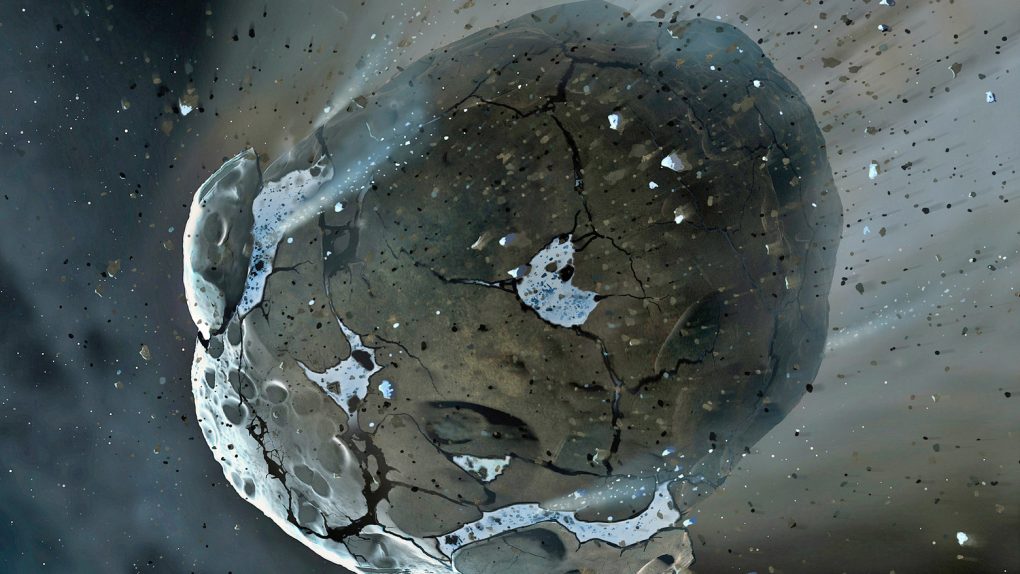As we creep closer to the 50th anniversary of the first Moon landing, NASA is doing its best to drum up support for a return mission that would see its astronauts once again roaming the lunar surface. With such an exciting mission on the horizon, you’d think that public interest in a Moon return would be pretty high. It isn’t.
In fact, a new poll by the Associated Press in partnership with the NORC Center for Public Affairs Research suggests that Americans are much more interested in things that could possibly kill them — like asteroids or comets — than another crewed visit to the Moon.
The poll reveals that a full 68 percent of respondents see the monitoring of asteroids, comets, and “other events in space that could impact Earth” as being either “very important” or “extremely important.” This stands in stark contrast to the mere 23 percent of people who believe heading back to the Moon is highly important.
This public opinion data is interesting for a number of reasons, not least of which is that the current administration has made a return to the Moon a top priority. That sentiment, it would seem, is not shared by the vast majority of the general public.
Being lukewarm over a return mission to the Moon is understandable, but what might be even more surprising is that many people have little or no interest in seeing a crewed mission to Mars become a top priority either:
Thirty-seven percent say sending astronauts to Mars should take precedence over going back to the moon, while 18% would rather have NASA send more astronauts to the moon. But 43% do not think either action should be a priority for the country.
Well, like it or not, NASA is indeed headed back to the Moon either in 2024 (maybe) or a bit later, and a mission to Mars is almost certainly going to be a top priority for the space administration once all of the supporting technology has reached maturity. But don’t worry, NASA is still watching for asteroids in the meantime.








